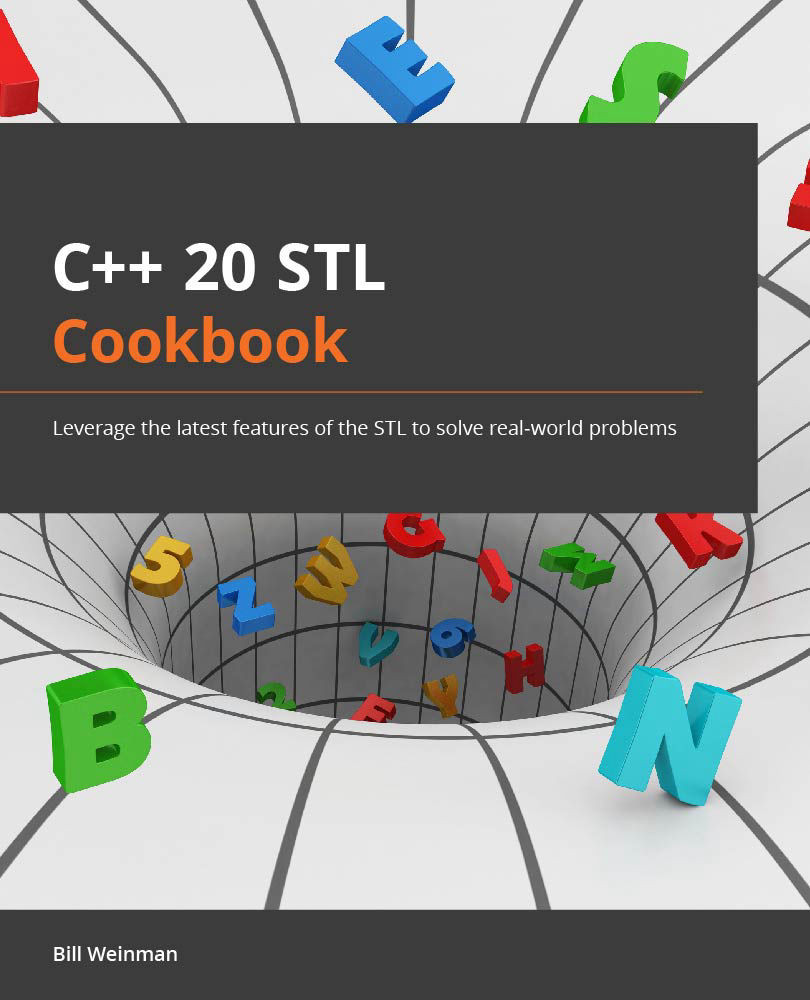-
Book Overview & Buying

-
Table Of Contents

C++20 STL Cookbook
By :

C++20 STL Cookbook
By:
Overview of this book
 Free Chapter
Free Chapter
 Sign In
Start Free Trial
Sign In
Start Free Trial

 Free Chapter
Free Chapter
Header files have been around since the very beginning of the C language. Originally, they were mainly used for text substitution macros and linking external symbols between translation units. With the introduction of templates, C++ leveraged header files to carry actual code. Because templates need to be recompiled for changes in specializations, we've been carrying them around in header files for many years. As the STL continues to grow over the years, these header files have grown as well. The situation has become unwieldy and is no longer scalable for the future.
Header files typically contain a lot more than templates. They often contain configuration macros and other symbols that are required for system purposes, but not useful for the application. As the number of headers grows, the number of opportunities for symbol collisions grows as well. This is even more problematic when you consider the abundance of macros, which...
